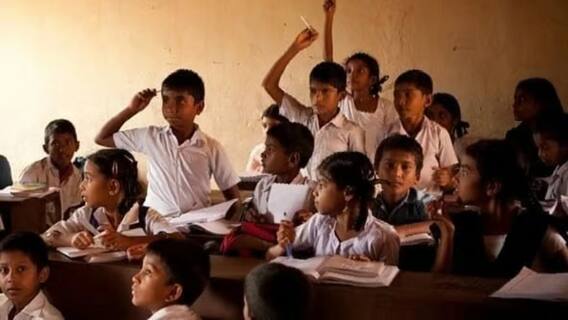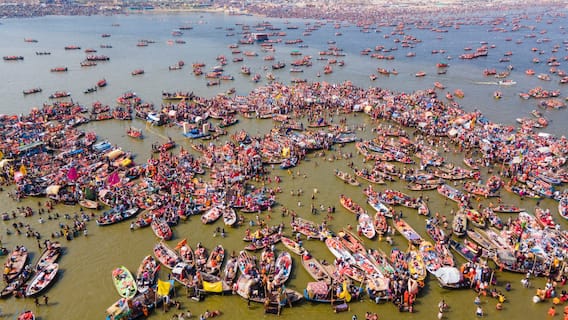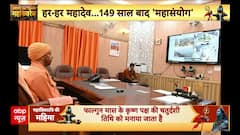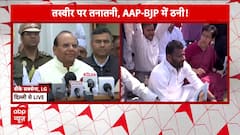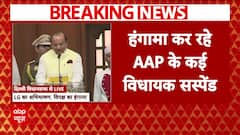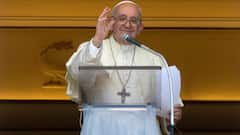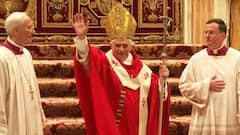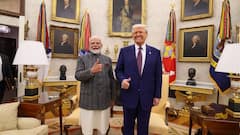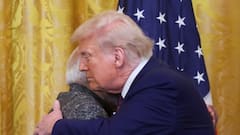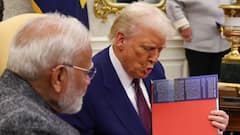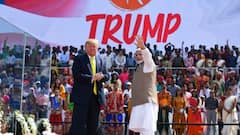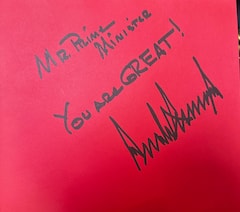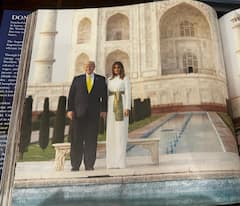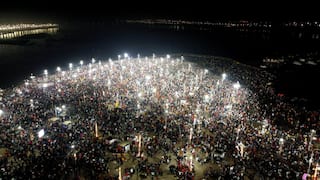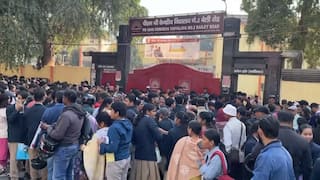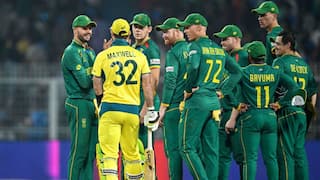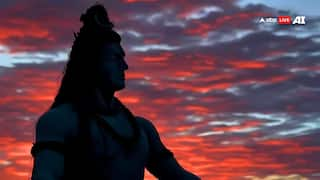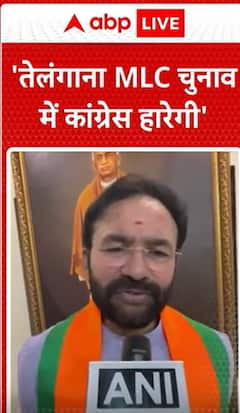US Aims To Revoke Russia's Favoured Trade Status, Says Report. Know What It Means For Moscow
Revoking the most favoured nation status from Russia would allow the US and allies to impose tariffs on Russian imports in a move to increase isolation of the Russian economy

New Delhi: After several sanctions imposed against Russia over its aggression in Ukraine, the US along with the Group of Seven nations and the European Union on Friday will revoke Russia's "most favored nation" status, news agency AP reported its sources as saying.
President Joe Biden will announce the plans at the White, informed the AP sources.
ALSO READ: Russia-Ukraine Conflict: Moscow Retaliates Against Sanctions, Bans Export Of 200 Goods, Equipment
This report comes amid bipartisan pressure in Washington to revoke the status formally described as “permanent normal trade relations” with Russia. Each country would have to follow its own national processes.
The development comes after the Biden moved to ban imports of Russian oil and gas products.
What is the 'Most Favoured Nation' status that the US aims to revoke?
Revoking the most favoured nation status from Russia would allow the US and allies to impose tariffs on Russian imports in a move to increase isolation of the Russian economy.
Ukrainian President Volodymyr Zelenskyy had pressed the US and allies for further actions against Russia over the weekend.
The White House said President Joe Biden will speak on Friday to announce “actions to continue to hold Russia accountable for its unprovoked and unjustified war on Ukraine.”
Canada has become the first major US ally to revoke the most favored nation status for Russia last week.
The move would induce pressure on the Russian economy that is already heading into a "deep recession,” according to Reuters. The US has already imposed a ban on Russian oil and other energy imports even as the move is expected to raise US energy prices.
The stripping of the status along with unprecedented sanctions including export controls and banking restrictions are aimed at pressuring Russian President Vladimir Putin to end the largest war in Europe since World War Two.
Trending News
Top Headlines











